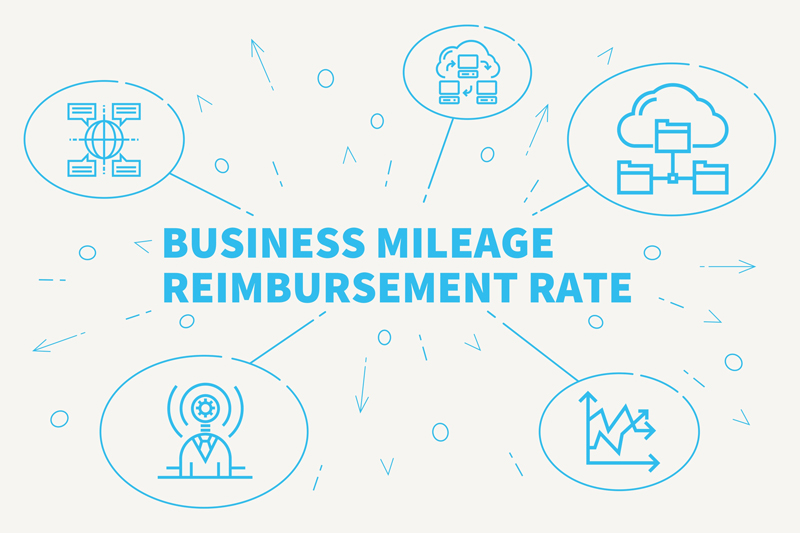When an ownership interest in a partnership (or LLC taxed as a partnership) is transferred to a member in exchange for services, the tax consequences of such transfer are governed by partnership tax law. Ownership interests in partnerships can be profits interest, capital interests or both. Partnership tax law is quite complex, and there is some confusion regarding the appropriate tax treatment of a profits interest or a capital interest received in exchange for services. Accordingly, when granting ownership interests in a partnership or LLC to a service provider, you need to meet with your attorney or other tax adviser and consider the tax consequences of such a grant.
The tax consequences of granting an ownership interest to a service provider depend on whether the transferred interest is a profits interest or a capital interest or both. So the first step is to understand the meaning of a profits interest versus a capital interest.
A profits interest is an interest only in the income of the partnership. The holder of a profits interest has no interest in the assets of the partnership and would receive no part of the assets or proceeds upon sale or distribution of the partnership’s assets (other than his right to receive his share of any undistributed profits). A capital interest on the other hand is an interest in the assets of the partnership. Upon sale or liquidation of the partnership assets, the holder of a capital interest would share in such distribution of assets or proceeds.
A grant of a profits interest in a partnership can be taxed at the time of grant, or at the time of vesting (if subject to a risk of forfeiture), or not at all. The taxation of compensatory profits interests is controlled by Revenue Procedures 93-27 and 2001-43. Under these Revenue Procedures, the receipt of a partnership profits interest for services is not a taxable event so long as the person receives that interest as a partner or in anticipation of becoming one, and neither the partnership nor the other partners deduct any amount related to grant or vesting of such interest. This treatment does not apply however if: (1) the profits interest relates to a substantially certain and predictable stream of income from partnership assets; (2) the partner disposes of the profits interest within two years of its receipt; or (3) the profits interest is a limited partnership interest in a publicly traded partnership. In this case, the purported profits interest would be treated for tax purposes as a capital interest under IRC section 83.
The tax consequences of granting, vesting and forfeiting a capital interest in a partnership is governed by IRC section 83. Under IRC section 83, the grant of a capital interest in exchange for services is taxable at the time of grant unless subject to a substantial risk of forfeiture. Where a capital interest is transferred subject to risk of forfeiture, but such restrictions lapse over time, the capital interest becomes taxable as such risk of forfeiture lapses.
Once you have determined whether the interest being transferred is a profits interest or a capital interest or both, and have determined when the transferred interest is taxable (if at all) to the service provider, you need to determine the taxable amount. This will be discussed in my next blog. Call or email me at 937-223-1130 or Jsenney@pselaw.com if you have any questions or need assistance with a partnership or LLC tax or business matter.
AND ONE MORE THING. The Spring issue of the Social Security Administration/Internal Revenue Service (SSA/IRS) Reporter gives guidance to employers that over-collect the 0.9% additional Medicare tax from employee wages. It explains the procedures to follow when the error is discovered before or after filing the Form 941 for the quarter during which the error was made, the requirements for interest-free adjustments of overpayments of the additional Medicare tax, and how to handle refunds for overpayments. To discuss further, don’t hesitate to get in touch with me by phone or email at 937-223-1130 or Jsenney@pselaw.com.












